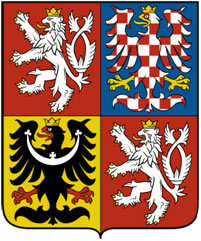THE ecological footprint is a concept created to represent the relationship between consumption, exploration and use of natural resources and the planet's ability to naturally replace these elements. It means, therefore, the qualification of the planet to support human activities and what is needed to guarantee a sustainable society, that is, one that uses natural resources without compromising their availability for generations future.
The concept of ecological footprint also refers to the amount of waste we produce in relation to the limits of how much the planet can absorb and transform it into resources over time. This relationship between the use of natural resources and waste production with the speed of replacement of the planet is called biocapacity, an important concept that refers to how much our planet can support in relation to human activities without losing its natural space.
As this is a given, the ecological footprint measures, in quantitative terms, the natural elements that are necessary to maintain our lifestyle and that of society in general. So, if our consumption level is higher than what can be replaced by nature, it means that we are living in an unsustainable society, posing a threat to the maintenance of life in our planet.
Do not stop now... There's more after the advertising ;)
The ecological footprint is measured in hectares, as it refers to the territorial area used to maintain the Earth's biocapacity. The calculations performed show that the planet's biocapacity is 2.1 hectares per year, while our consumption points to 2.7 hectares per year, thus revealing a negative ecological footprint. This means that we are consuming what should be replaced by 1.4 planet Earth, a figure that increases when we refer only to developed countries.
Some environmental organizations and NGOs claim that if the whole world were maintaining the same level of consumption as the great powers economies, mainly the US and Europe, it would take four planets the same as ours to maintain a biocapacity equivalent. For this reason, the whole world needs to think of new ways to reduce consumption and improve inequality between nations, in order to ensure a better world with a truly sustainable society across the globe.
By Me. Rodolfo Alves Pena
Would you like to reference this text in a school or academic work? Look:
PENA, Rodolfo F. Alves. "Ecological footprint"; Brazil School. Available in: https://brasilescola.uol.com.br/geografia/pegada-ecologica.htm. Accessed on June 28, 2021.

